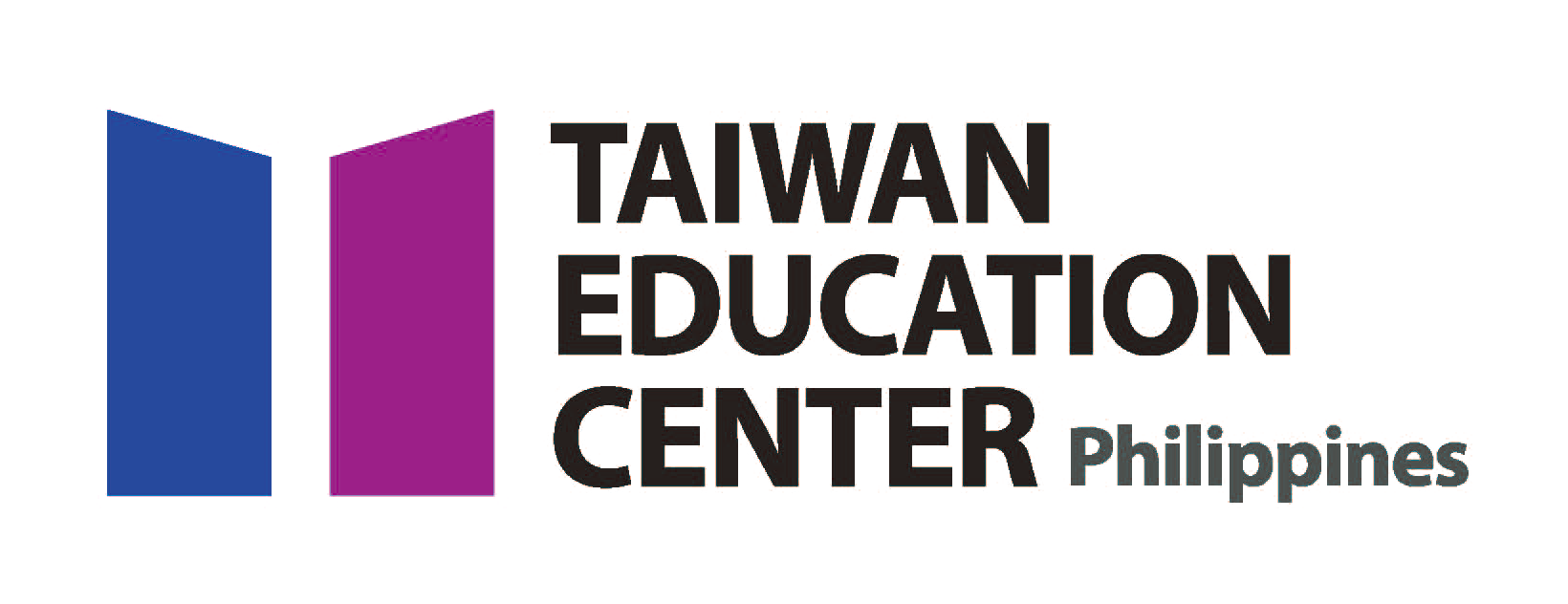Comprehensive
Public
1. Ho-ping campus is located in the Kaohsiung Cultural Center Area with excellent live functions and convenient transportation. Within walking distance to the bus stops and MRT stations, close to supermarket, convenient store and book stores, here is a place for you to experience the beauty of urban life in southern Taiwan.
2. Yan-chao campus provides a tranquil environment. For the students of College of Science and College of Technology, here is the best place to concentrate on doing research. Shuttle bus services are available between the two campuses.
3. NKNU has outstanding teaching staffs, among the professors at school, 96% of them are holding a doctorate degree. Thus, NKNU is, indeed, the most renowned and prestigious university in southern Taiwan.
4. NKNU is a double-cored, exquisite university with both teacher and non-teacher education. Besides providing the resources and experiences on teacher training, we have also promoted industry-university cooperation and developed the related courses to enhance students’ professional competences.
5. For Chinese language learning, we have the Center of Language and Cultural Teaching (CLCT) and Graduate Institute of Teaching Chinese as a Second/Foreign Language offering students to immerse in Chinese culture, and promote language proficiency.
National Kaohsiung Normal University (NKNU) was formerly called Kaohsiung Women’s College of Education, founded in 1954. In 1967, in coping with the Nation’s nine-year compulsory education policy to train secondary high school teachers, Taiwan Provincial Kaohsiung Teachers College was established.
So far, NKNU has twenty-one departments, twenty-nine MA programs, and eleven PhD programs. In addition, NKNU provides Bachelor Program of Arts for Aboriginals, International Engineering Graduate Program, MA Program of Creative Cultural Design, MA Program of Southeast Asian Studies, MA Program of Performing Arts, and Ph.D. Program of Gender Studies. In recent years, NKNU has modified from the teacher-training based educational university into the whole-person developed, high-quality trained, and well-delicated multidimensional university.
NKNU so far has over 800 working staff members. Moreover, NKNU has an outstanding teaching staff, among the professors at school, 96% of them have a Ph.D. degree. Thus, NKNU is, indeed, the most renowned and prestigious university in southern Taiwan.
In order to strengthen both teacher education and non-teacher education, NKNU aims to develop interdisciplinary research and teaching among departments, graduate institutions, and colleges. Furthermore, in order to fulfill the vision of international interaction and cooperation, NKNU is eager to utilize network resources of industry, academy, research, and teaching to provide build up the five colleges with multiple, modern trends. NKNU has implemented the programs of Cultural and Educational Business Management, Elderly Services Business, Electrical and Optoelectronics Technology, Software Engineering and Management, Elite Multilingual Teaching, Green Energy and Biotechnology, Aesthetics of Community Health, Counseling and Recovery, Digital Creative Design, etc. to cultivate students in an all-round way to work for the industrial circles. Right now, NKNU has successfully transformed into a double-cored, exquisite university with both teacher education and non-teacher education.
Tuition Per Semester:
Master’s/Doctorate Base Tuition : NTD 26,400-33,000 (USD 923-1,154)
Master’s/Doctorate Graduate Credit Fees(Per Credit): NTD 3,000 (USD 105)
Bachelor: NTD 45,700-53,200 (USD 1,598-1,860)
Dormitory Fees Per Semester : NTD 6,000-11,000 (USD 210-385)
(4-6 Persons/Room for undergraduate student)
(1-2 Persons/Room for graduate student)
* This Scholarship is only applicable after enrollment. * Announced every October & March.
Doctorate
NTD 48,000 (NTD 6,000 *8Month)
USD 1,680 (USD 210*8 Month)
Master’s
NTD 48,000 (NTD 6,000 *8Month)
USD 1,680 (USD 210*8 Month)
Bachelor
NTD 40,000 (NTD 5,000 *8 Month)
USD 1,400 (USD 175 *8 Month)

0 inquiry(s)